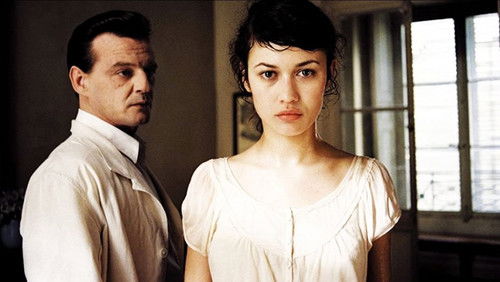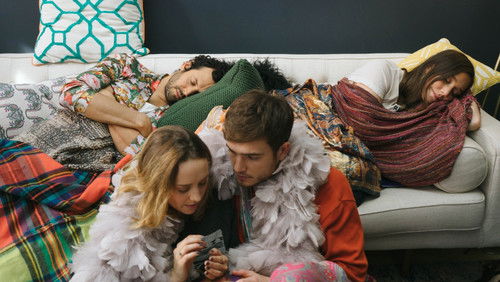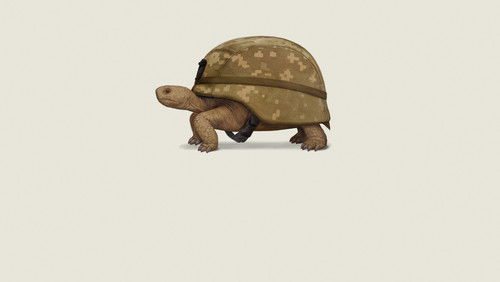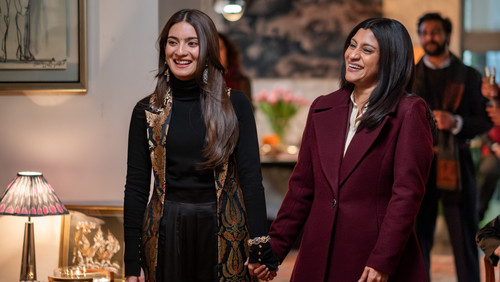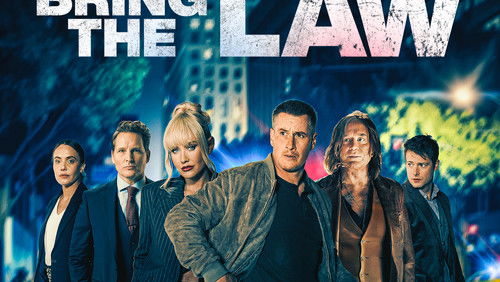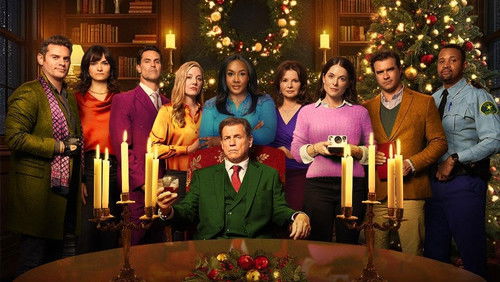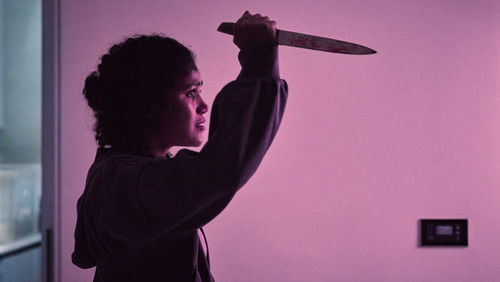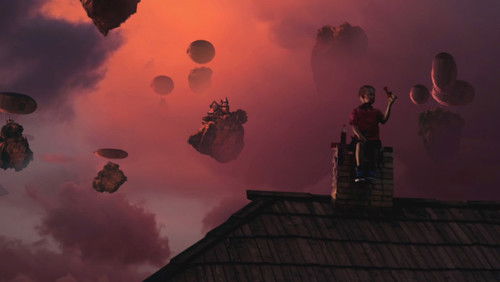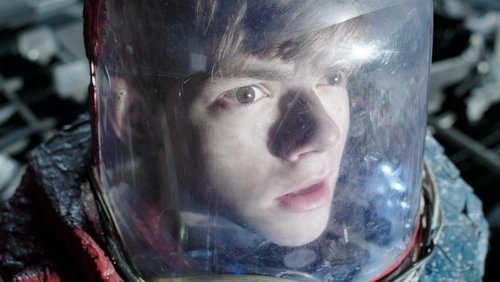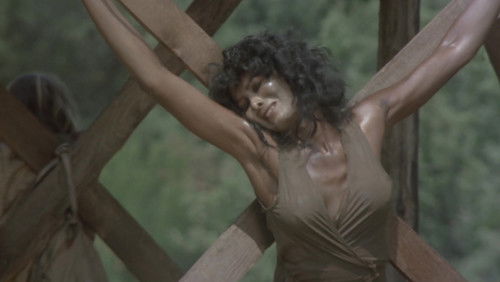Caché (2005)
19KCaché: Directed by Michael Haneke. With Daniel Auteuil, Juliette Binoche, Maurice Bénichou, Annie Girardot. A married couple is terrorized by a series of surveillance videotapes left on their front porch.
“The title of this engrossing and disturbing new Haneke film is ironic. At the end of the film, Georges Laurent (Daniel Auteuil) tells his wife Anne (Juliette Binoche) that he will be u0026quot;caché,u0026quot; hidden, and he takes off his clothes, closes the curtains, and buries himself in bed. Itu0026#39;s afternoon. But he will be exposed, as before. u0026quot;Cachéu0026quot; is about how you canu0026#39;t hide. Auteuil, an actor who naturally looks worried and put-upon, and Binoche, who has a vulnerable and frightened look, play a privileged couple whose son Pierrot (Lester Makedonsky) at twelve is a star swimmer. Georges has a literary TV program (like u0026quot;Le Bouillon de la Cultureu0026quot;), which, in France, makes him a star. They have a beautiful house in an elegant suburb of Paris. (His childhood home, we learn, was a substantial farm.) Beyond all that are the poor outskirts on the periphery of the French capital, the slums, the projects, the u0026quot;banlieux,u0026quot; with their Arabs and blacks, French societyu0026#39;s underprivileged and mistreated, unemployed and ignored, a population ready to explode into revolt — as it very dramatically did in November 2005. u003cbr/u003eu003cbr/u003eLike Hanekeu0026#39;s previous u0026quot;Code Unknown,u0026quot; u0026quot;Cachéu0026quot; is primarily about alienation and connection. This sounds theoretical and intellectual, but the uncompromising Austrian who now makes his films in French always finds a deep emotional core in his people, in this case a core of the most infinite desperation in both perpetrator and victim. u0026quot;Code Unknownu0026quot; focused on chance meetings. u0026quot;Cachéu0026quot; moves in closer to home, to this family whose peace is shattered and to another family that has never had peace. As the film begins the foreground family begins to receive increasingly menacing videos left on their doorstep that show they are being watched. Georges thinks he knows who it is.u003cbr/u003eu003cbr/u003eu0026quot;Cachéu0026quot; blends urban angst with the primal horror of Greek tragedy. What goes around comes around. For what he has explained was his starting point for the film, Haneke elliptically refers within it to the story of hundreds of Algerians the French cast into the Seine in 1961, a story recently unearthed and hitherto largely ignored. Within the filmu0026#39;s foreground we discover that as a youth Georges himself betrayed an Algerian playmate in a way that effectively ruined his life. But the events that unfold are full of mystery and foreboding, and the relation between the Algerian, Majid (Maurice Bénichou), and Georgesu0026#39; current terror and disquiet largely remains uncertain. Is this a thriller? Maybe: it has a thrilleru0026#39;s progressive unease, the suspense and pulse — up to the end, anyway — of a good whodunit. But Haneke, a great director in fine form here, has produced something as intellectually challenging as it is emotionally troubling. He operates without the help of surging background music, jump cuts, or snappy chases. And as the final credits roll, the closing long shot (upon which we are again voyeurs, as when the film began), shows us that nothing is resolved. A highly original artist, Haneke continues to explore.u003cbr/u003eu003cbr/u003eSeen during its Paris run in October 2005. Shown first in the US at the New York and Chicago Film Festivals in October 2005. Opening in NYC and LA (US release title u0026quot;Hiddenu0026quot;) December 2005, limited US release January 2006. This is a highly visual film and should be seen if possible on a big screen.”
